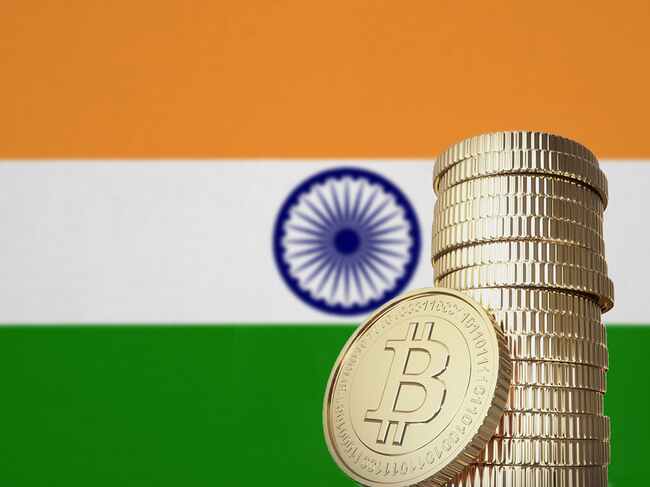On Sunday, the Swadeshi Jagran Manch (SJM) an Indian economic, political, and cultural group that is linked to the nationalist Rashtriya Swayamsevak Sangh, is said to have passed a resolution about the total ban on cryptocurrency.

SJM co-convener Ashwani Mahajan told PTI magazine: “The resolution was agreed to by the 15th Rashtriya Sabha of the Swadeshi Jagran Manch, which came to a close in Gwalior this afternoon.
There is a resolution that reads this:
The government should outrightly ban buying, selling, investing and otherwise dealing in cryptocurrencies by any person resident in India.
Also, crypto investors have to sell or exchange their cryptocurrencies in a short amount of time, if they have to give the Income Tax department some information. In addition, the resolution says, “Disobeying the ban should be punished with money.”
The SJM said that giving cryptocurrency recognition in India could lead to a lot of speculation, which could hurt the country’s financial market. The group explained:
Recognition may also result in money laundering and terror financing as well as capital account convertibility from the back door.
More about the resolution
The SJM also called on the government to start an “aggressive” consumer awareness campaign after the government banned cryptocurrencies. The group said it was important to tell people not to fall for “deceptive ads” that it claims are being spread by cryptocurrency exchanges.
This was also discussed at the Swadeshi Jagran Manch. The Reserve Bank of India (RBI) is working on a digital currency called “central bank digital currency.”
“The law that governs the Reserve Bank of India should be written quickly.” In the SJM’s resolution, it says: “The CBDC should be legal tender.”
Cryptocurrencies such as bitcoin, ethereum, etc should not be recognised as asset or digital asset because it will indirectly become medium of exchange like currency.
People in the Swadeshi Jagran Manch agree with what the central bank has said. Central board of directors: The RBI said that cryptocurrency needs to be completely banned and that a partial ban won’t work.
This is what they said at the meeting: The country’s central bank has also expressed serious concerns about cryptocurrency, which it said could harm the country’s financial system.
Cryptocurrency bills were put on a list for the winter session of parliament. However, the bill did not get passed, and the government is said to be changing the bill.
Narendra Modi, the Indian Prime Minister, is reportedly making a final decision on the country’s crypto laws. In the past, he said that crypto should be used to help democracy.
